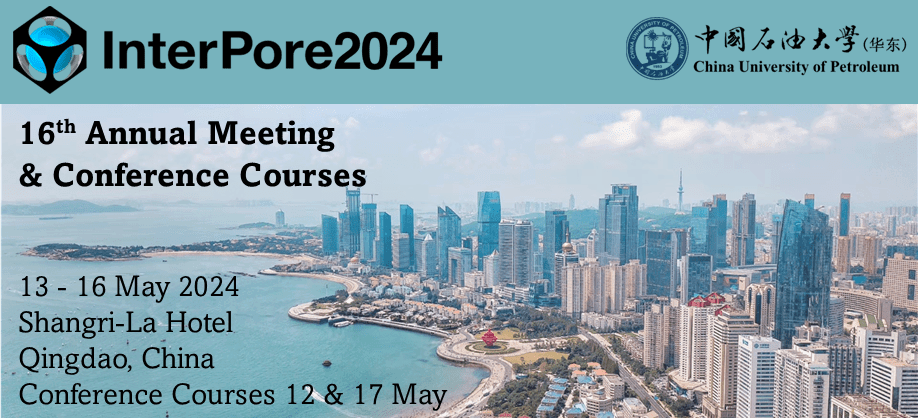Speaker
Description
Cementitious materials, known for their brittle nature, are often vulnerable to thermal degradation in deep underground and hydrothermal environments. Basalt fiber (BF), an inorganic silicate additive used in cement, has garnered significant attention due to its outstanding mechanical and thermal resistance properties. However, key experimental data are scarce on the role of BF in cement exposure at elevated-temperature conditions, and a lack of understanding of the key mechanisms of reinforcement processes. In this study, we investigate the mechanical behavior of cementitious composites with varying BF content under both ambient and elevated temperature conditions (up to 200°C) to determine the optimal dosage. Microstructural analysis and phase composition assessments are conducted to reveal the mechanisms of reinforcement, encompassing the state of the cement matrix, BF itself, BF-matrix interaction, and phase evolution. The results indicated that the addition of 0.05-0.1 wt.% BF to cement can significantly enhance its mechanical strength and crack resistance, with flexural strength improving by up to 60% after exposure to 200°C for 6 days. This enhancement is primarily attributed to multiple energy-consumption processes, including the bridging effect, breaking effect, pulling-out effect, crack deflection effect and adhesive effect. Notably, the adhesion between BF and the cement matrix improves after exposure to 200°C, leading to the formation of "network-like and granular hydration products" on the surface of BF. While needle-like hydration products are commonly observed under ambient conditions, contributing to a slight increase in the surface friction of BF, the accelerated growth of hydration products at higher temperature conditions emerges as the predominant factor enhancing mechanical strength and improving ductility of cement composites at elevated temperatures. The insights from this study provide promising prospects for the application of BF-modified cement composites in elevated-temperature environments, including deep geothermal wells, CO2 storage wells, and various other deep geo-energy applications.
| Country | UNITED KINGDOM |
|---|---|
| Conference Proceedings | I am not interested in having my paper published in the proceedings |
| Porous Media & Biology Focused Abstracts | This abstract is related to Porous Media & Biology |
| Student Awards | I would like to submit this presentation into the MDPI student poster award. |
| Acceptance of the Terms & Conditions | Click here to agree |




.jpg)
